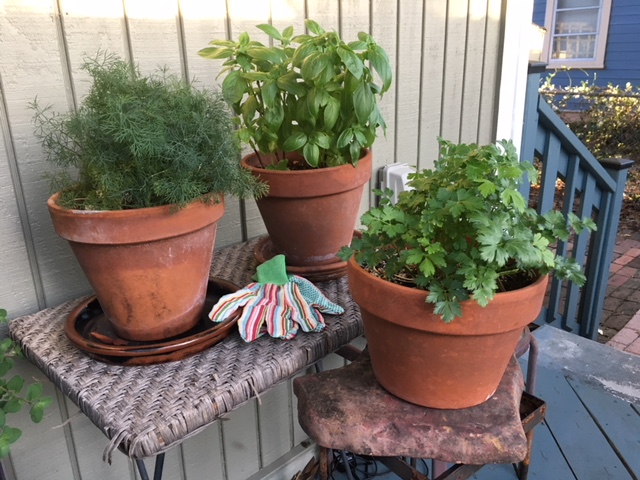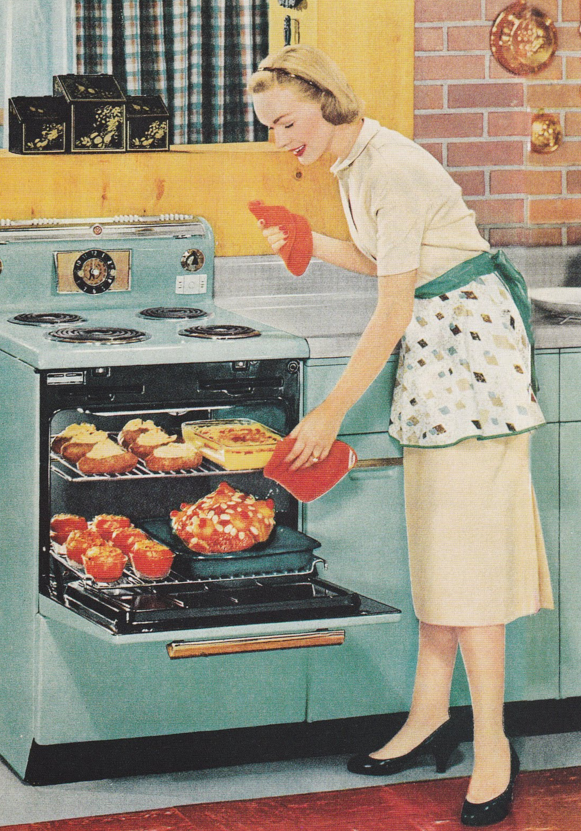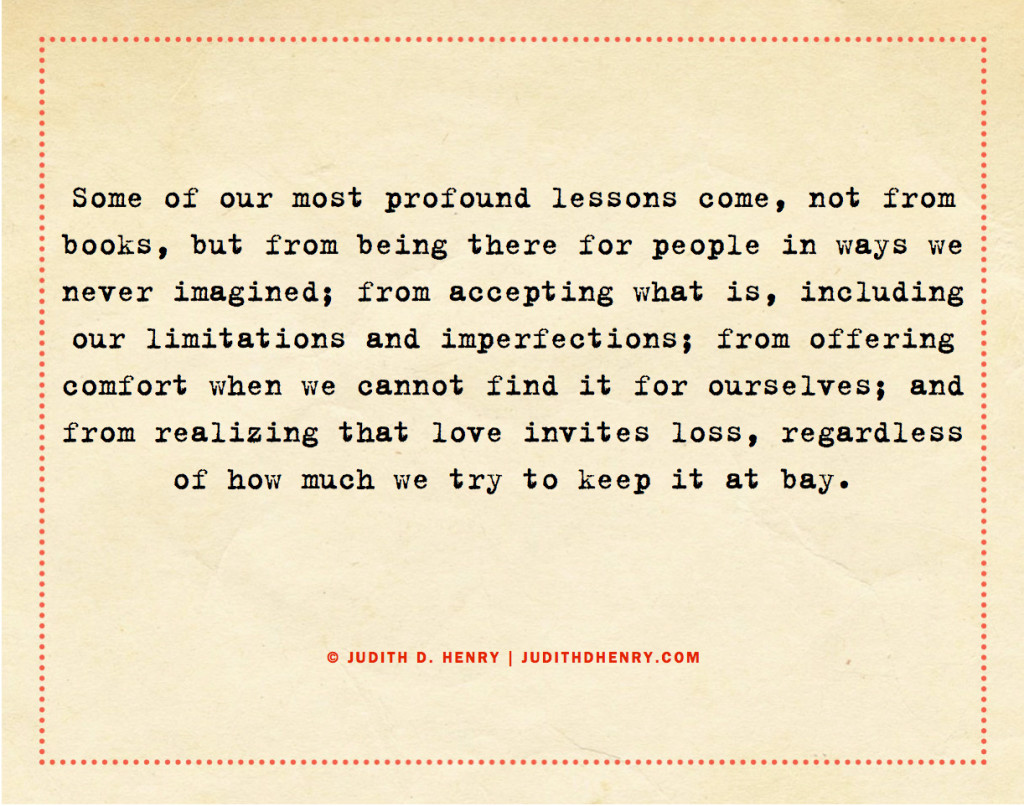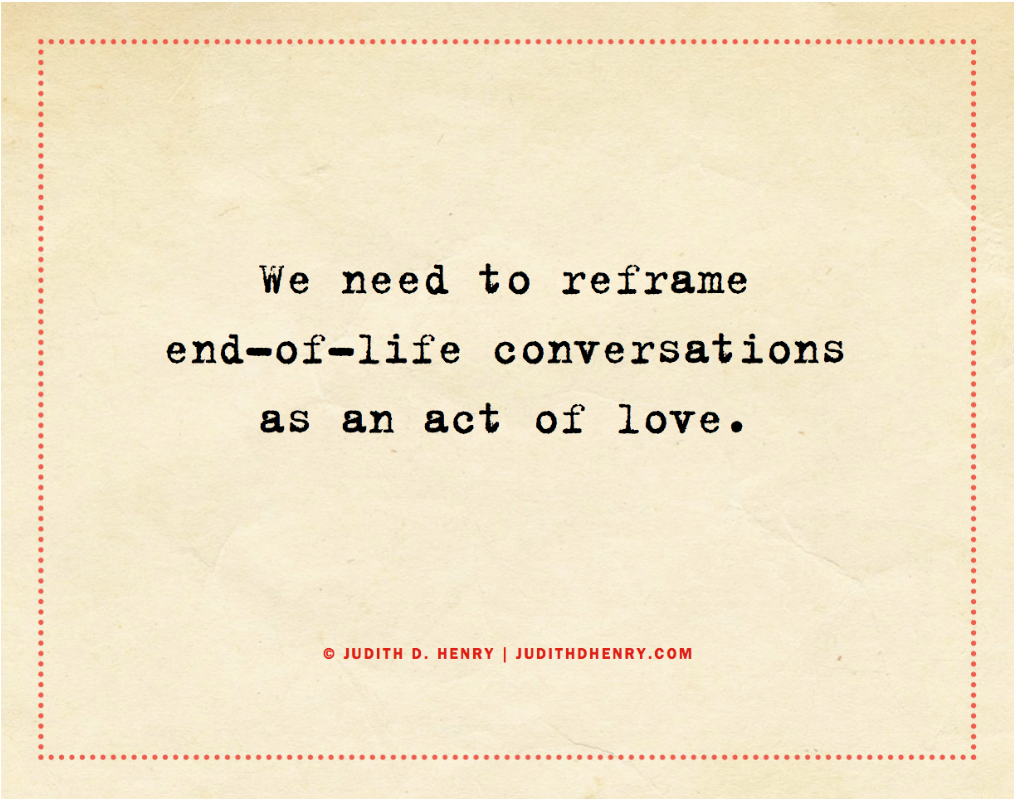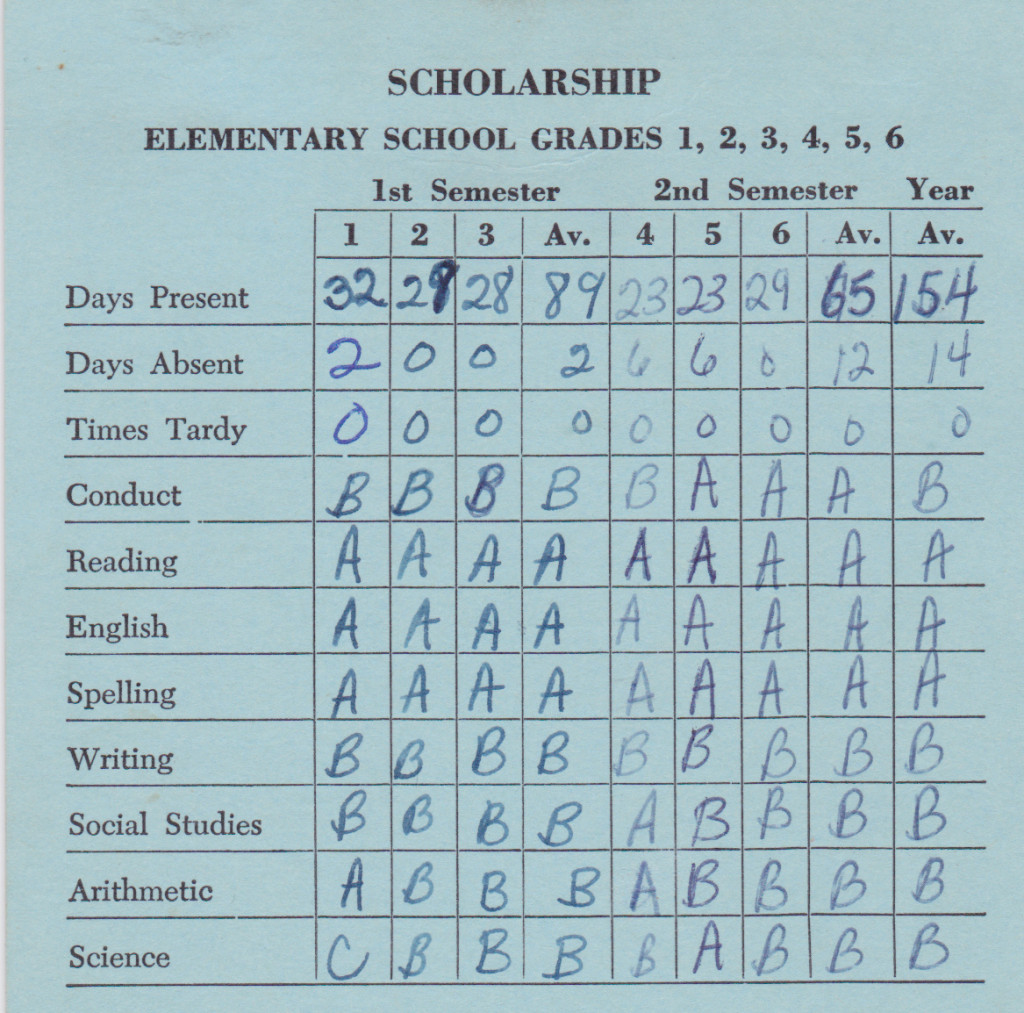
For most of us, being a caregiver is more like running a marathon than a sprint, and few things can dehydrate you faster than the relentless demands that come with this role. I’m not just talking physically, but emotionally and spiritually, as well. Those oft-ignored symptoms of headaches, fatigue, dizziness, confusion or anger can all be signs that our bodies and minds are depleted and out of whack.
So, even though we may not be able to mute the cell phone, hand our duties over to someone else, or get away for a two-week vacation, there are small ways to replenish that don’t take a large investment of time, or even money.
One caregiving friend I know takes walks with her beloved dog a few times a day. Hard to say who enjoys those breaks more. Animals are always in the moment, and they can teach us to do the same. Own a feline, instead? I can’t be the only person who’s gone into a trance while stroking my cat’s pointy little face. Research shows that petting a beloved fur baby can release a spray of endorphins that make you feel more calm and peaceful.
The benefits of music have been scientifically documented. It can reduce stress, relieve pain, and help insomnia. When traveling back and forth between Tampa and Orlando to visit my folks, I found that singing along with Barbra Streisand tunes always calmed me down. Would that I had Bab’s voice instead of her nose.
Art saves. Whether it’s a coloring book for grown-ups or a half hour of scrapbooking or knitting, focusing on a creative act gives your right brain a needed boost. It’s also the perfect escape from the barrage of information and decisions that a caregiver’s left brain must deal with every day.
Pay attention to the natural world around you. Listen to the birds chirping away. Notice the plants that are throwing out shoots or flowers. Admire the tenacity of the sugar ants still marching across the kitchen counter, despite all your extermination efforts. Oops! Meant to delete that.
Practice gratitude. Meister Eckhart said, “If the only prayer you ever say is “Thank you.” that will be enough.” When caregiving, my gratitude stemmed most often from things like a good cup of coffee, 10 minutes of quiet, and freshly laundered bed sheets. Oh, yeah, and a sense of humor that allowed me to laugh when life was at its most absurd.
Make a lunch or coffee date with a friend. Someplace close so you don’t feel stressed about stepping away from your caregiving load. One thing I realized is that each friend offered a different kind of support. Some were listeners, some were doers, and others were just great huggers.
Dig in the dirt. It’s ironic coming from me, the person who can kill a plastic plant. Seriously, though, even if you’re not a gardener, there‘s something satisfying about squishing your fingers in rich loamy soil, and repotting a droopy plant or growing a few herbs outside your kitchen door. My choice is always cactus, since they thrive on benign neglect.
Chop wood. Carry water. My interpretation of this Zen expression is that familiar tasks can actually be a comfort in the midst of all the “life changes on a dime” moments that caregiving can bring. The simple act of making mom’s meatloaf recipe for dinner, or helping your child with a homework lesson can ground you in the every day sacred. And yes, it goes without saying that some tasks are more sacred than others…
And finally, it’s ok to have a good cry. Studies show that crying can cleanse our minds as well as our bodies; releasing bottled up stress hormones that can cause all sorts of negative effects. Unfortunately, I didn’t do enough of that during the years spent caring for my parents. Instead, I drowned my sorrows in cheese and crackers. Trust me, crying is definitely better for your health and your waistline.
As caregivers, going the distance requires staying hydrated in all its forms. It keeps us from hitting the wall or at least from hitting it quite so hard. The rewards of being there for someone you love can be great, but let’s be honest – sometimes “surviving” is the real prize.
Photo from gratisography.com




